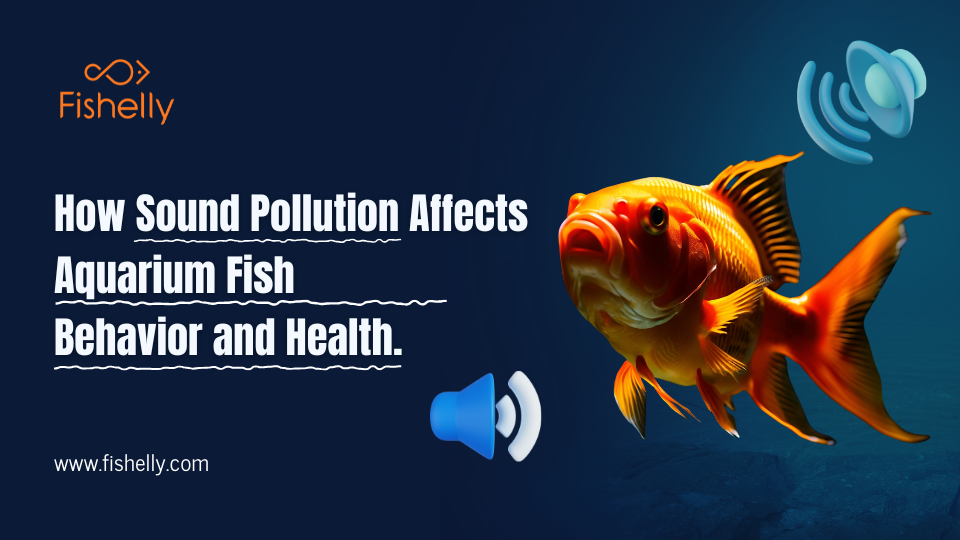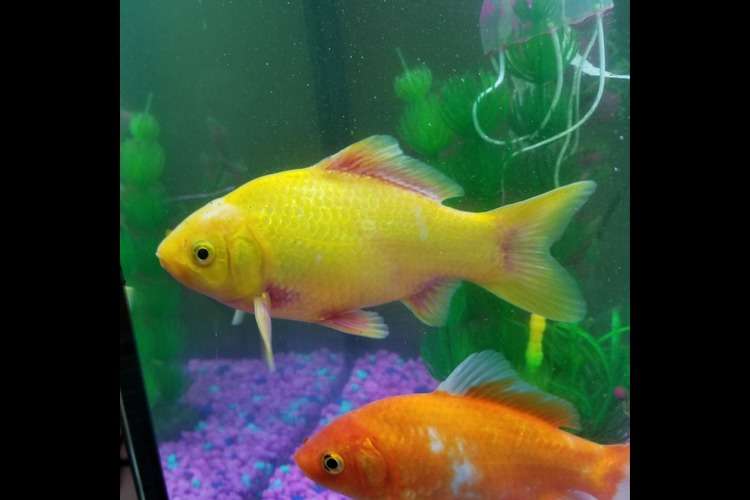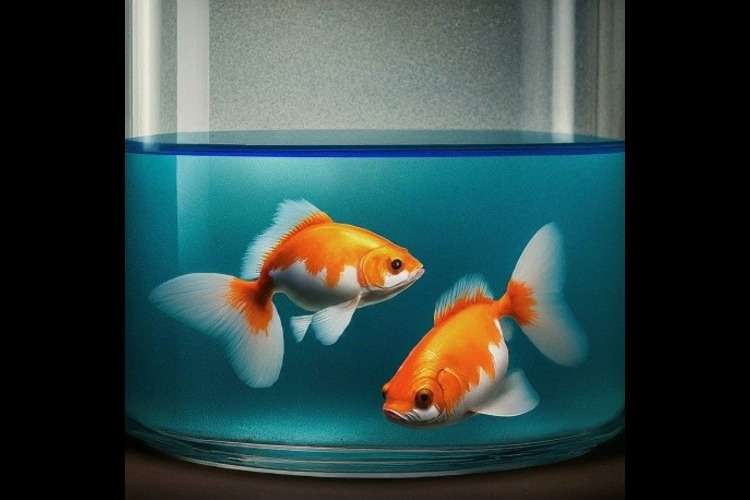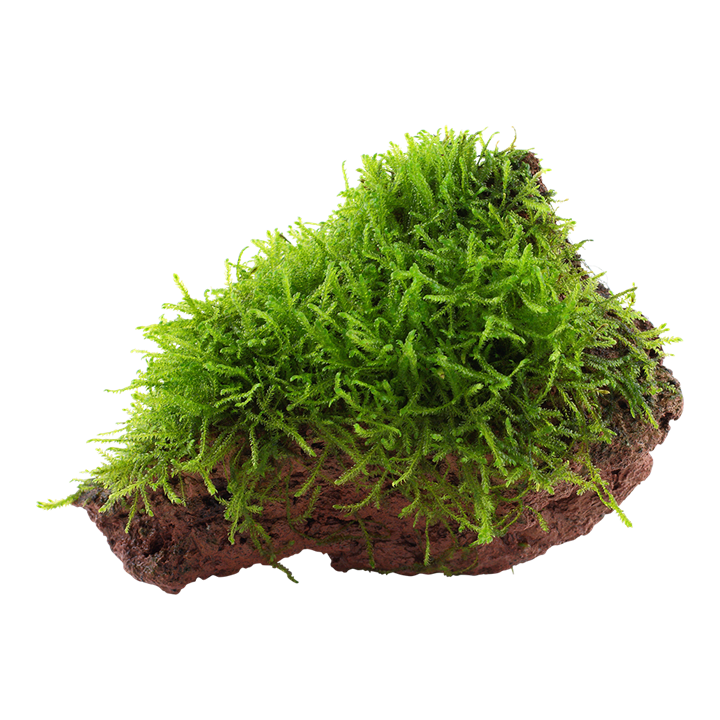How Sound Pollution Affects Aquarium Fish Behavior and Health
Learn how sound pollution impacts fish behavior, communication, and stress levels. Discover tips for creating a quieter, healthier environment for your aquarium fish.
Table of Contents
- What is Sound Pollution?
- How Sound Pollution Affects Fish Behavior
- How Sound Pollution Impacts Fish Health
- How to Reduce the Impact of Sound Pollution in Aquariums
- Faq
- Conclusion
Aquarium fish are considered to be quiet, peaceful animals that create a soothing atmosphere. However, the effects of noise pollution on these aquatic animals are a new area of concern. As more research uncovers the various ways in which environmental factors influence the health and behavior of fish, it’s becoming increasingly clear that sound pollution is a significant issue for aquatic life. we’ll explore how noise affects fish, the science behind it, and what aquarium owners can do to mitigate these effects.
What is Sound Pollution?
Sound pollution, or noise pollution, refers to any unwanted or harmful sound that interferes with the natural soundscape of an environment. Sound pollution in aquatic ecosystems results more from human activities such as boats, ships, sonar systems, and industrial machinery. Though some level of sound is naturally present in bodies of water, unnatural noise can disrupt the normal functioning of the rest of the marine and freshwater organisms.
Noise pollution in an aquarium setting may be produced from a variety of sources. Fish are affected by the sounds that equipment such as filters, pumps, air stones, and heaters produce, though they are probably inaudible to humans. Other sources might be vibrations caused by electrical appliances nearby or human activity around the aquarium.

How Sound Pollution Affects Fish Behavior
Fish rely on the sounds and vibrations in their surroundings for communication, navigation, and detecting predators or prey. In a natural environment, fish are surrounded by a symphony of sounds that help them interact with their ecosystem. Sound waves travel much faster and more efficiently through water than they do through air, so it is an important sense for fish.
When sound pollution disrupts their ability to hear these natural sounds, several behavioral changes occur:
Disorientation and Stress
Too much noise confuses fish, creating disorientation. Fish usee sound to navigate their surrounding environment and detect changes in it. When this natural ability is hindered or disrupted, the fish become stressed, thus becoming more vulnerable to diseases and other health problems.
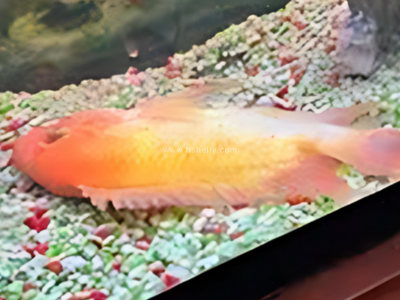
Altered Feeding Behavior
Sound pollution may affect the ability of a fish to find food. Some species of fish depend on sound to detect prey, particularly in darker or murkier waters. The noise can prevent fish from locating food or failing to hunt successfully, resulting in malnutrition.

Reproductive Disruptions
Many fish use sound for courtship and possibly other communication for mating. With noise pollution interfering with the mating calls or dialogue between mates or potential mates, the likelihood of successful reproduction diminishes, then in the long run, even the health status of the fish population may also be affected.
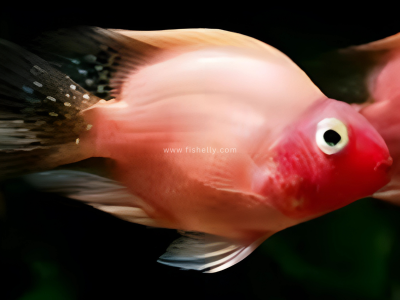
Higher Aggression
Fish are territorial animals, and excessive noise can amplify aggression and territorial disputes among species. Some fish may become more defensive or aggressive in an attempt to protect their environment from perceived threats, which can lead to stress and injury.

How Sound Pollution Impacts Fish Health
The effects of sound pollution on fish go beyond behavior. Prolonged exposure to loud, unnatural sounds can also affect their health. Here's how:
Hearing Loss
Just like loud sounds cause damage to the human ear, they also harm fish. Fish ears, or otoliths, are sensitive to sound vibrations and prolonged exposure to high noise levels can cause a loss in hearing. This affects the fish's ability to communicate, navigate, and sense predators or food sources.

Increased Cortisol Levels
Noise-induced stress induces the release of cortisol, which is a hormone that controls the response of the fish to stress. Elevated cortisol levels over time can weaken the immune system, and hence, the fish will be prone to diseases. Stress can also impede the growth and development of fish, especially when they are young or in the juvenile stages.
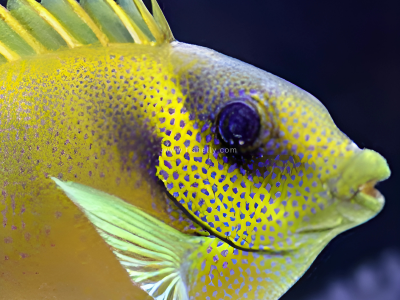
Reduced Survival Rates
This is because the chronic noise stress has long-term effects on fish health, resulting in reduced survival. Fish may exhibit lower reproduction rates, slower growth, and increased vulnerability to diseases inn chronic noise-stressed fish. This results in lower survival in the population.
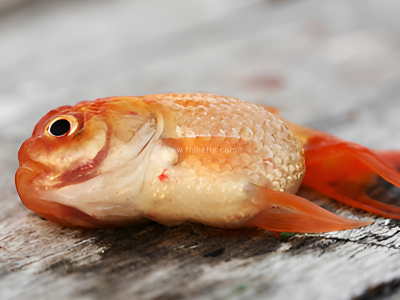
Disruption of Schooling Behavior
Many species of fish exhibit schooling, which prevents their predators, offers them better options for finding food and communicating, all of which become disrupted due to sound pollution and therefore scatter the fishes or may result in their failing to form protective schools, thereby getting more dangerous than they were to begin with.

How to Reduce the Impact of Sound Pollution in Aquariums
As aquarium hobbyists, there are a few things you can do to reduce the impact of sound pollution on your fish:
Quiet Equipment
When setting up an aquarium, consider selecting equipment that produces minimal noise. For example, choose quieter filters, pumps, and air stones. There are many options available that offer silent operation, which helps reduce the overall noise level in the aquarium.
Vibration Dampening
Many aquarium devices cause vibrations that travel through the tank and affect the fish. Use vibration-damping pads or mats underneath aquarium equipment to absorb vibrations and prevent them from disturbing the water. This can make a big difference in reducing the noise pollution from your aquarium setup.
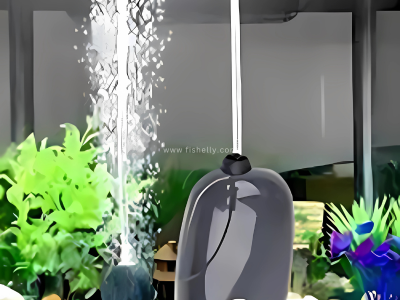
Reduce External Noise
Consider the location for your aquarium. Do not keep it in locations with a high volume of activity or rooms exposed to external sounds, such as placement near speakers or televisions. The aquarium, if possible, should be installed in a quiet environment with minimal disturbing sounds from the surroundings.

Reduce Externally Provoked Disturbances
Check the levels of noise in the surrounding environment. High noise levels caused by loud talking, playing music, or rapid movements can affect your fish. Try to create a peaceful environment for your fish by minimizing sounds and disruptions.

Observe the Health and Behavior of Your Fish
Pay attention to changes in behavior or health among your fish. When you experience stress, disorientation, or aggressive behavior, that could be the indication that your aquarium is noisier than it should be. In such situations, you have to make appropriate changes to your equipment, cut down on some external noise, or even in other ways.

Faq
1. What is sound pollution in an aquarium?
It’s the noise from equipment like filters or pumps, or loud sounds around the tank, that can bother fish.
2. How does noise affect my fish?
Loud or constant noise can stress fish, make them confused, and even change how they eat, act, or get along with other fish.
3. Can fish lose their hearing because of noise?
Yes, just like humans, fish can suffer hearing loss if the tank is too noisy.
4. Can noise make my fish sick?
Yes, stress from noise can weaken their immune system, making them more likely to get sick.
5. Why do my fish seem more aggressive lately?
Noise might be stressing them out or making them feel unsafe, which can lead to aggression.
6. Is it bad to keep my tank near my TV or speakers?
Yes, loud sounds from TVs, speakers, or even frequent loud talking can disturb your fish.
7. What can I do to make my tank quieter?
Use quieter equipment, place the tank in a calm spot, and add vibration-damping pads under noisy devices.
8. How do I know if noise is bothering my fish?
Look for changes in their behavior, like being more aggressive, hiding more, or seeming less active.
9. Can sound pollution make it harder for fish to find food?
Yes, especially for fish that use sound to hunt, noise can make finding food much harder.
10. What’s the best way to keep my fish happy and stress-free?
Keep the tank in a peaceful spot, use quiet equipment, and watch their behavior for signs of stress.
Conclusion
The sound pollution factor is very often overlooked and can have a great impact on the health and behavior of aquarium fish. Fish rely on sound for communication, navigation, and survival, and any disruption to these vital senses can cause stress, confusion, and long-term health issues. As aquarium enthusiasts, we must understand the importance of a noise-free environment for our aquatic pets and take measures to minimize sound pollution. With quieter equipment, reduction of external noise, and observing fish behavior, we can make our fish a healthier, harmonious environment.
